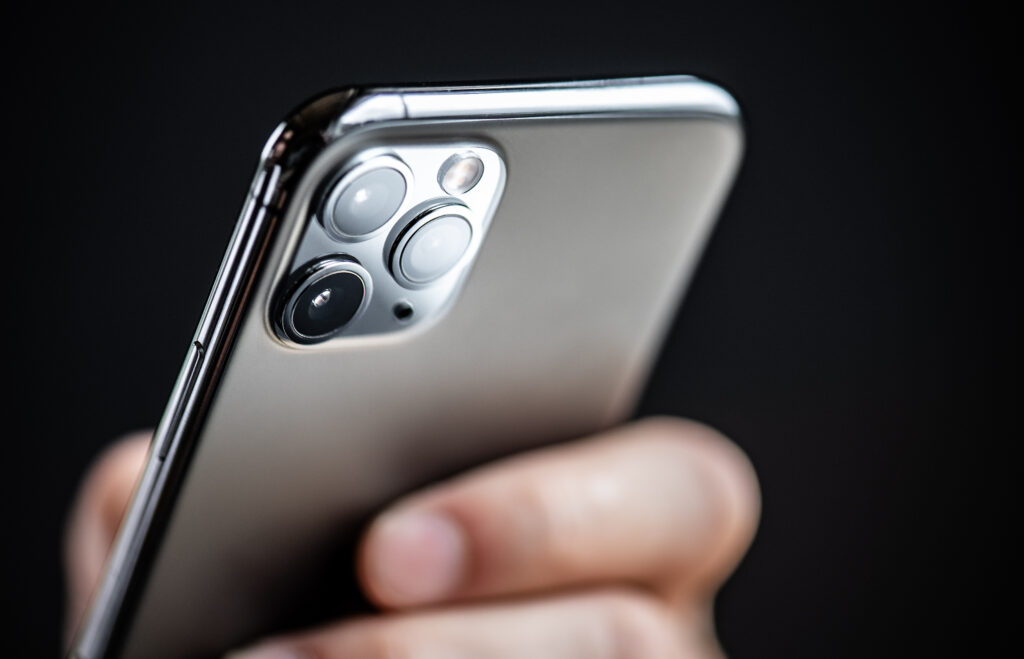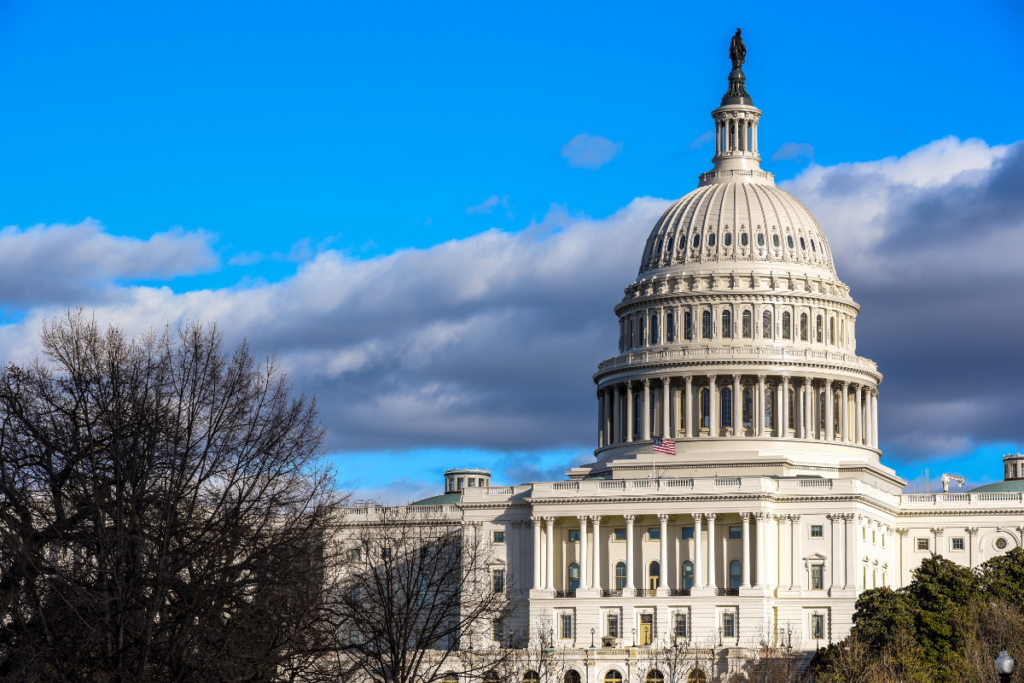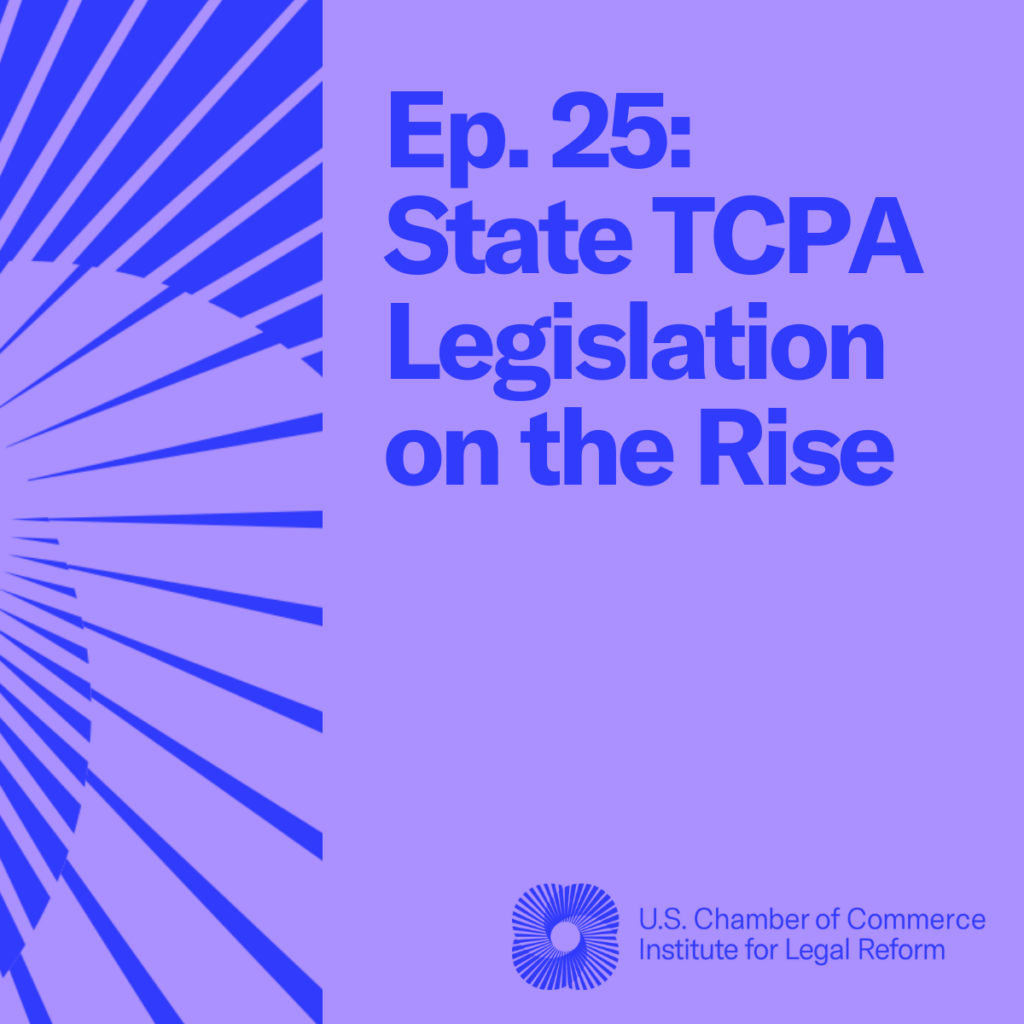It’s no secret that the Telephone Consumer Protection Act (TCPA) has become a cash cow for plaintiffs’ attorneys. It’s not hard to understand why; it regulates modern communications even though it was passed before the world’s first text message was sent.
The TCPA became even more of a money-maker in 2015 when the Federal Communications Commission (FCC) expanded the definition of autodialer, a key piece of technology that defines what does and doesn’t violate the law. There was a 47 percent jump in lawsuit filings in the 17 months after that decision when compared to the 17 months before.
Thankfully, some courts are finally coming around. Both the D.C. Circuit and Third Circuit issued decisions to help rein in TCPA litigation by narrowing the definition of autodialer in 2018. Last week, the 11th Circuit joined them in its Glasser v. Hilton Grand Vacations Company decision in Florida.
In what one lawyer called “one of the clearest and most thoroughly reasoned” TCPA decisions in the last few years, the 11th Circuit said that the technology must both “store” and “produce” phone numbers using a random or sequential number generator to classify as an illegal autodialer, meaning the company would have had to create and store the list of phone numbers randomly and without human intervention.
The plaintiffs’ lawyers tried to argue a much broader definition, which would have turned every smartphone in the pockets of millions of Americans into illegal autodialers. Thankfully, the court saw that the plaintiffs’ lawyers’ claim was a money grab.
This is a shift for litigation in a state that has become known for abuse of the TCPA. One TCPA defense attorney said the court “just killed the Florida plaintiff bar’s golden goose.” Becca Wahlquist of the Snell & Wilmer law firm (who has testified before the U.S. Senate on the law) said the decision could be the start of a “walk back where the expansion has happened to bring it back to the TCPA’s legislative intent.”
While this is certainly a step in the right direction, it also deepens a circuit split with the Ninth Circuit. That court’s 2018 Marks v. Crunch decision took the opposite approach—rather than using a narrow, commonsense interpretation of the autodialer definition, it expanded it considerably. Attorneys interviewed by Law360 say this will likely shift TCPA litigation from down South to out West.
Congress, the FCC, and even the U.S. Supreme Court can offer further clarity to bring this law back to its original intent. The Supreme Court will review the constitutionality of the TCPA in a case involving government contractors. Congress can draft new language, and the FCC can issue new rules under the existing law.
Now’s the time for action. More jurisdictions are taking reasonable approaches to TCPA litigation. It’s time for the FCC and Congress to bring more clarity to an ever-evolving litigation arena.



